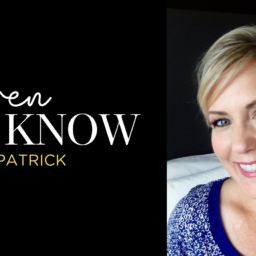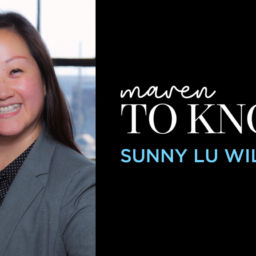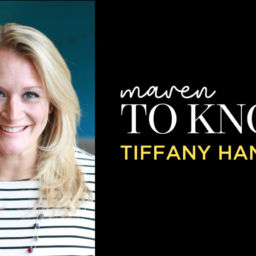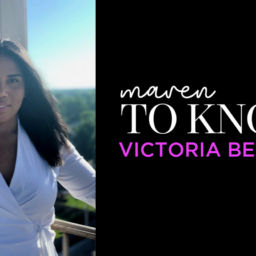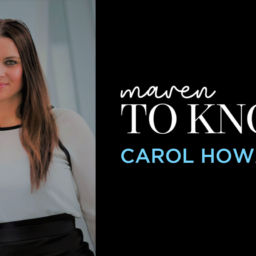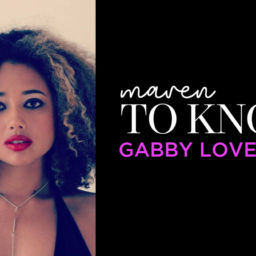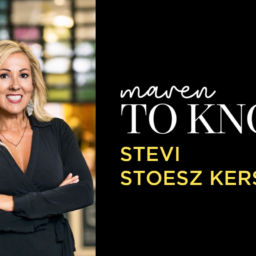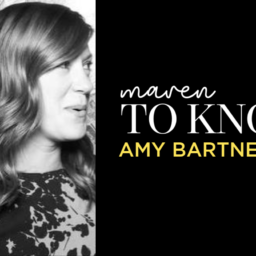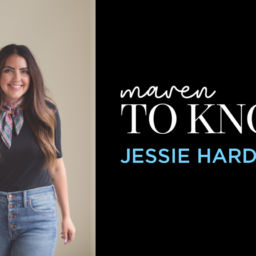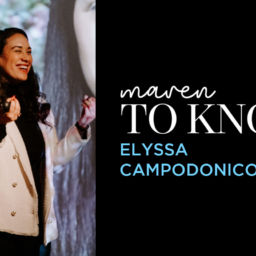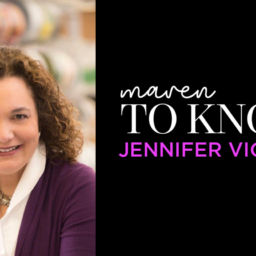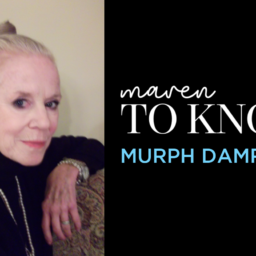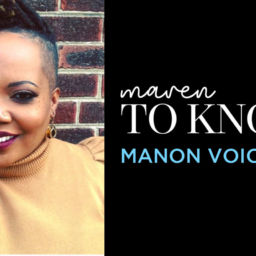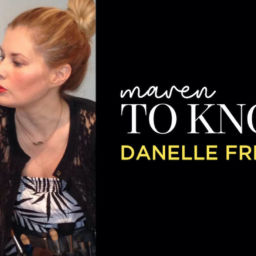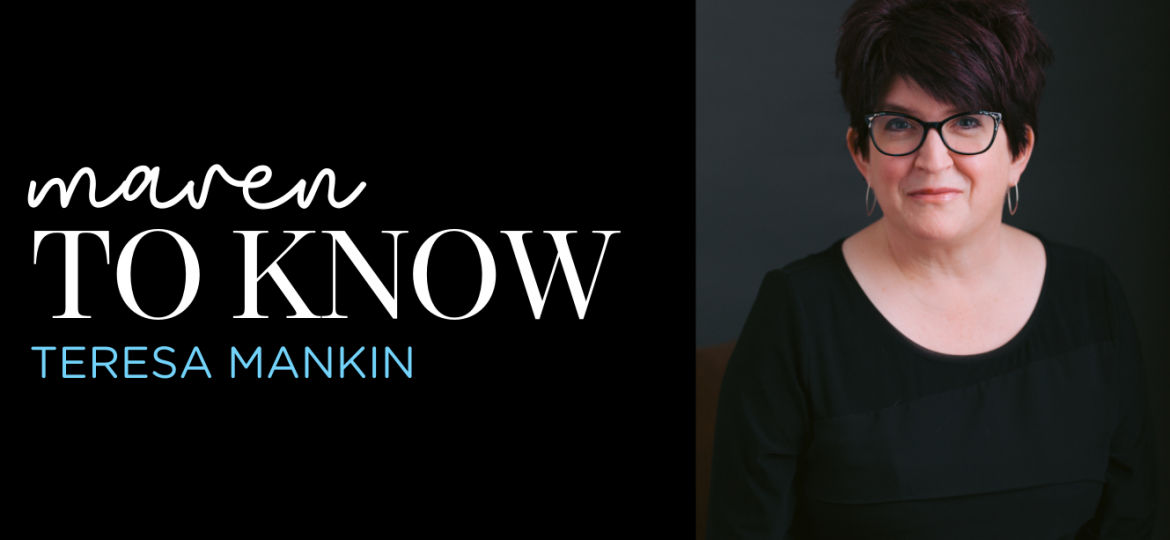
Growing up, Teresa Mankin had dreams of seeing the world beyond Clayton, Ind. After being raised in a small town, she knew she wanted a college degree, which carried a hefty price tag. Being that it was the 1980s and saving money for higher education wasn’t as widely preached as it is today, Mankin saw enlisting in the Army after high school as a path that would provide her the opportunities she craved.
“I’ve been fortunate,” she says. “When I was a soldier, I was stationed in Germany for three years. My path with the Army has led to a debt-free education. I’ve been very fortunate that I’ve never had to worry about that.”
After eight years in the Army as a broadcast journalist, then two degrees and a job in publishing, Mankin is the now the executive director for the National Guard Association of Indiana. In that role, she’s able to advocate for Indiana guardsmen and still be involved with the military.
We snagged some time on Mankin’s calendar to get the 411 on what it’s like being in the Army, what it means to be a soldier, and the encounter in a German station that changed her outlook on the U.S. military.
Maven superpower: I am an excellent planner.
What inspired you to enlist in the Army after high school?
I grew up in a very small town and there just wasn’t a lot of opportunity there. I knew I wanted to go to college, and I wanted to see the world. But I graduated in the ’80s, so my parents didn’t think about saving for college — they didn’t know. Nobody in my family had been to college, I didn’t even understand how that process worked. I just knew I wanted to do it. So, joining the Army was a way for me to get everything I wanted.
What’s the biggest misconception about the military recruitment process?
I think the biggest misconception about recruiting in the Army is if you talk to a recruiter, they can sign you up or put you in boots that day. They can’t do that. So, it’s a process and you get to say “no” at any point. They can’t put you in boots and send you to basic training just by talking to them. You get to make a lot of decisions, and you have a lot of say. You’re going to understand what you’re doing before you do it.
Looking back, what do you wish you had known before you enlisted?
I wish I would have stayed for 20 years. I’ll say that. And, you know, I had a great enlistment process. So, my big wish, I wish I would have known everything I could have done if I would have stayed for 20 years. I mean, how much easier my life would be now — I’d already be retired.
Do you have any advice for women about to ship out to boot camp?
You have two ears and one mouth, so listen twice as much as you talk.
What does being a soldier mean to you?
I feel very fortunate that I was born in this country. It’s a privilege and an honor to be able to wear the uniform of this country and to protect all the values that we hold sacred. I learned that very much when I live In Germany. I was in a train station and I was in my uniform, and at the time, Germans didn’t have women in their military. This woman came up to me, and I had a couple other soldiers with me, and she grabbed her hand, and she said, “I love America.” Then she pulled up her arm, and she showed us she had a tattoo from the concentration camp. So, Americans have liberated her. I’ve never forgotten that.
RELATED: MAVEN TO KNOW: CANDACE BOYD
Tell us more about your day-to-day duties with the National Guard Association
My job is to support and advocate for our Indiana guard. So think of it like this, we’re the professional organization for the guard. I help advocate for their benefits. We provide them professional development opportunities and scholarships. So, my paycheck actually doesn’t come from the guard, though. We’re just a huge support system to them. But obviously, we like to tell their story, and, you know, do whatever we can. I spent a lot of time this spring at the state house, testifying on behalf of bills that would be beneficial to our guardsmen and women.
Leadership is a top trait in the military. What are the qualities of a leader?
Leadership, we don’t get anywhere without that. The Army’s mantra, if you will, is duty, honor, country. That sounds a little cliché, but it’s the qualities that I try to live by. So that duty can be a lot of things. It doesn’t have to be showing up in a uniform for duty, but rather my duty to the planet, my duty to my fellow humans, my duty to my children. It’s making sure that you’re doing everything that would honor yourself, your family, and making sure you’re telling the truth.
What’s one of your favorite things to do on the weekends and when you’re out of the office?
I volunteer at the Garfield Park Farmers Market. I really enjoy doing that.
What’s a fun fact about you?
I’ve been to all 50 states.
What’s some of the best advice you’ve ever received?
I know it’s a pretty common quote now, but when people show you who they are, you should believe them the first time. People really don’t change much.
Who’s a woman you admire?
I really am a fan of Mother Teresa. I mean, she and I have the same name. I’m not named for her, but when I figured out that we have the same name, I did a lot of research on her. I’m just really in awe of her kindness and in the way she helps people. And then as somebody who’s more recent, I am a big fan of Stacey Abrams. She had a crushing defeat and she didn’t let that stop her. And she decided she was going to make a difference, and she did. Even if you don’t agree with their politics, you have to be inspired by her attitude.
Samantha Kupiainen is a regular Indy Maven contributor.
Want to be featured as a Maven to Know? Sign up for our Membership Program—we’d love to have you! See all the Maven to Know features we’ve shared so far.
All of our content—including this article—is completely free. However, we’d love if you would please consider supporting our journalism with an Indy Maven membership.







